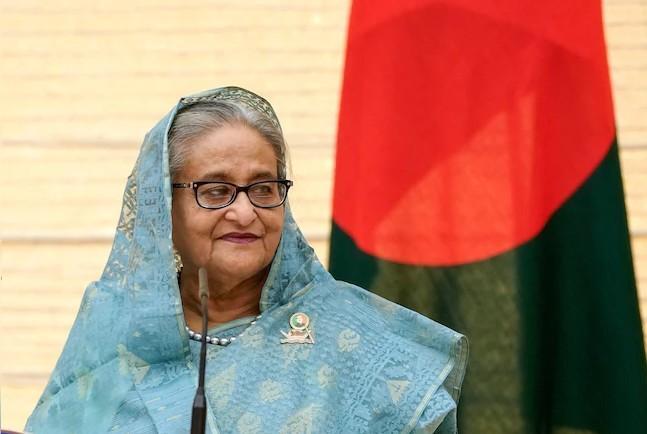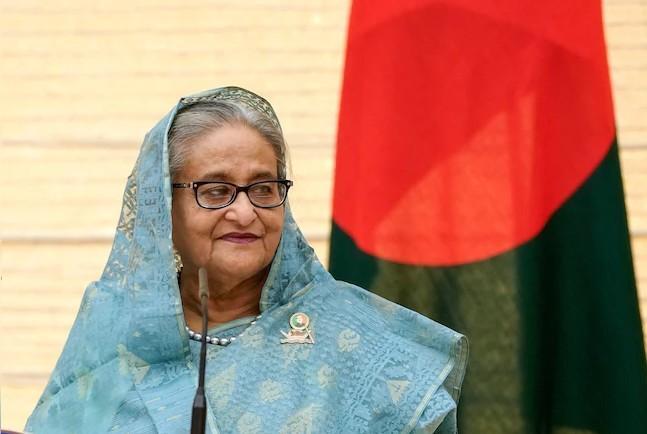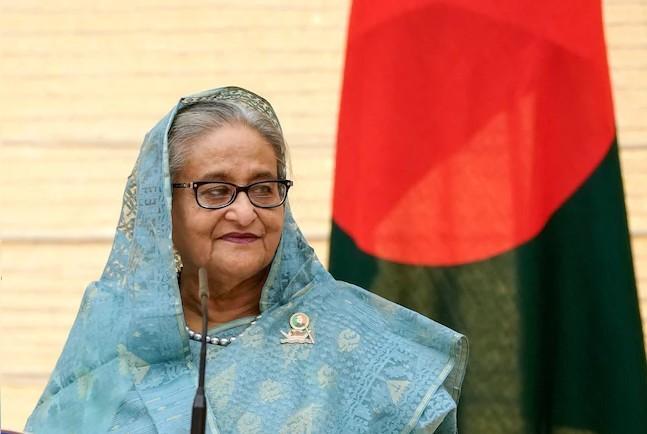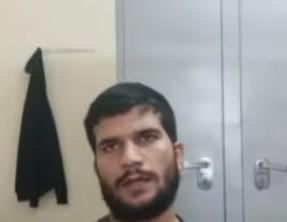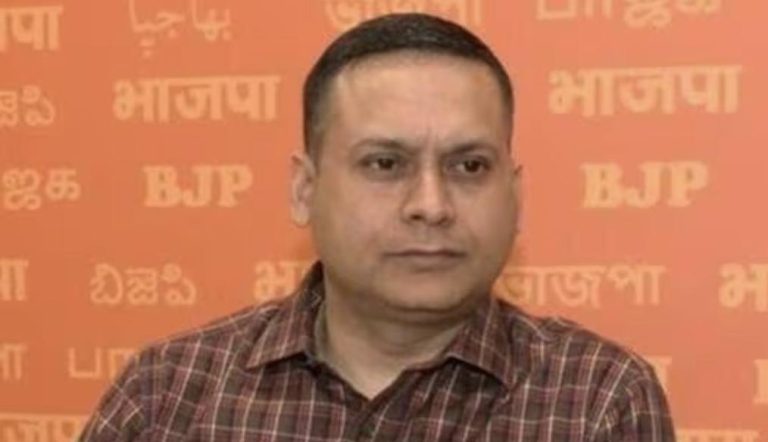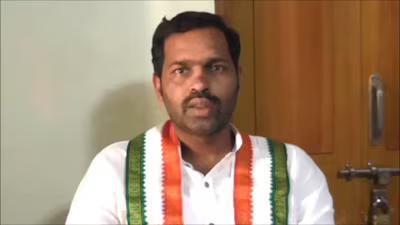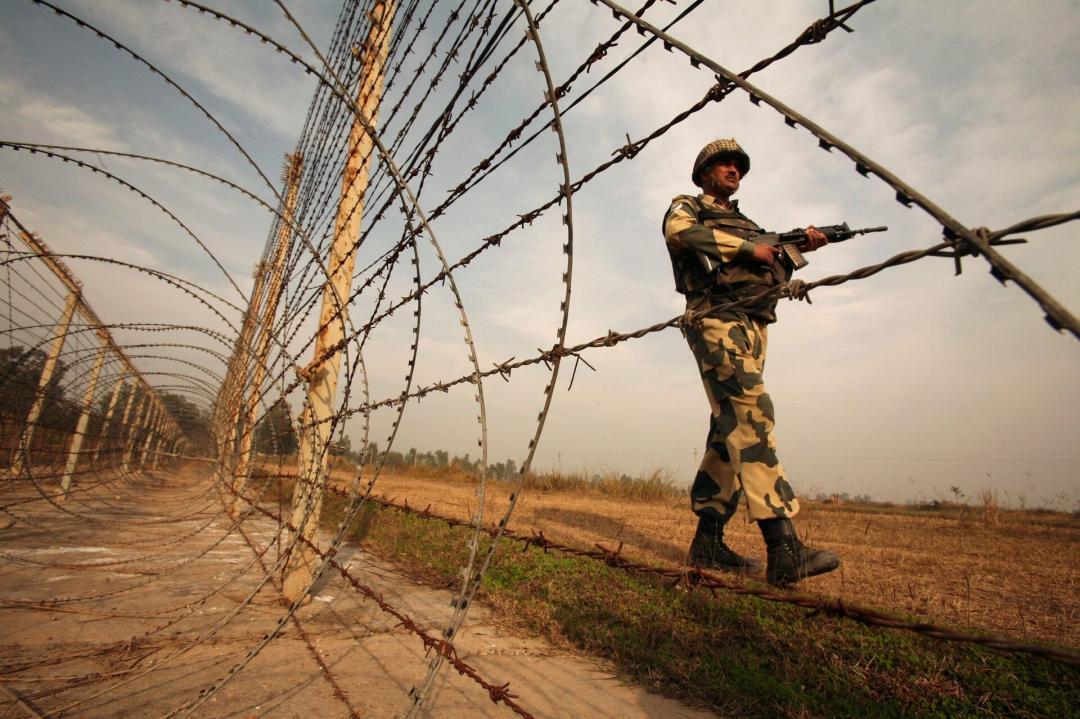
Pakistan should take our help if it is unable to fight terrorism: India
In a recent statement, Defence Minister Rajnath Singh has once again emphasized the need for Pakistan to take effective action against terrorism. Singh, who has been a vocal critic of Pakistan’s efforts to combat terrorism, has said that if Pakistan is unable to take effective action against terrorism, India is willing to offer its help.
Speaking in the Rajya Sabha, the upper house of the Indian parliament, Singh said, “I had advised Pakistan earlier as well, and today I want to say again, that if you are unable to take effective action against terrorism, take India’s help.” He added, “India’s forces are capable of taking effective action against terrorism on this side of the border, as well as on the other side.”
Singh’s statement comes at a time when Pakistan has been under increasing pressure to take action against terrorist groups operating from its soil. Pakistan has long been accused of providing safe haven to terrorist organizations, including the Jaish-e-Mohammed (JeM) and the Lashkar-e-Taiba (LeT), which have been responsible for numerous attacks on Indian soil.
India has long been critical of Pakistan’s lack of action against these groups, and has repeatedly called on Pakistan to take concrete steps to combat terrorism. In recent years, India has suffered numerous terrorist attacks, including the 2008 Mumbai attacks and the 2019 Pulwama attack, which were both carried out by terrorist groups operating from Pakistan.
Singh’s statement is significant not only because it highlights India’s willingness to offer its help to Pakistan, but also because it underscores the reality that India is capable of taking effective action against terrorism on both sides of the border.
India has made significant strides in recent years in its efforts to combat terrorism. The country has established a robust counter-terrorism infrastructure, including the National Counter Terrorism Centre (NCTC), which is responsible for coordinating India’s counter-terrorism efforts.
India has also taken significant steps to strengthen its military capabilities, including the development of a new fighter jet, the Tejas, and the induction of advanced military equipment, such as the BrahMos missile. These developments have significantly enhanced India’s ability to respond to terrorist threats.
Furthermore, India has also been working to strengthen its intelligence capabilities, including the establishment of a new intelligence agency, the Multi-Agency Centre (MAC), which is responsible for coordinating India’s intelligence efforts.
In addition to these efforts, India has also been working to strengthen its diplomatic efforts to combat terrorism. The country has been a key player in international efforts to combat terrorism, including the United Nations Security Council’s sanctions against terrorist groups.
Pakistan, on the other hand, has faced significant challenges in its efforts to combat terrorism. The country has struggled to establish effective counter-terrorism mechanisms, and has faced criticism for its lack of action against terrorist groups.
In recent years, Pakistan has made some efforts to crack down on terrorist groups, including the operation against the Taliban in the Swat Valley. However, these efforts have been criticized for being inadequate and half-hearted.
Pakistan’s lack of action against terrorist groups has significant implications not only for India, but also for the region as a whole. The country’s failure to combat terrorism has led to a significant increase in terrorist activity in the region, including attacks on Indian soldiers and civilians.
In conclusion, Singh’s statement is significant not only because it highlights India’s willingness to offer its help to Pakistan, but also because it underscores the reality that India is capable of taking effective action against terrorism on both sides of the border. Pakistan, on the other hand, has faced significant challenges in its efforts to combat terrorism, and has been criticized for its lack of action against terrorist groups.
It is clear that Pakistan needs to take concrete steps to combat terrorism, and that India is willing to offer its help if necessary. As Singh said, “If you are unable to take effective action against terrorism, take India’s help.” It is time for Pakistan to take action against terrorist groups operating from its soil, and to work with India to combat terrorism in the region.
